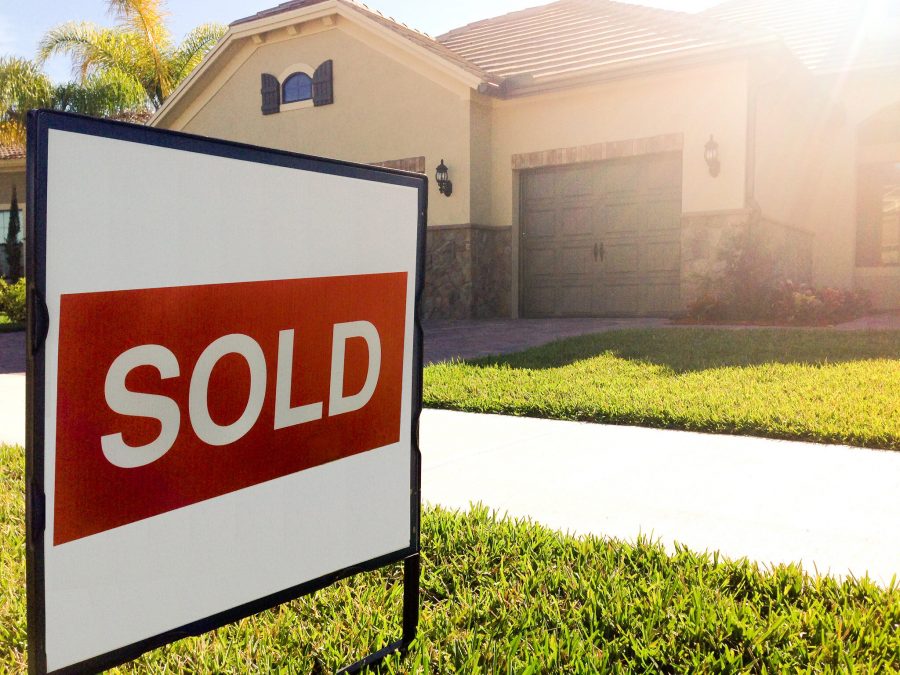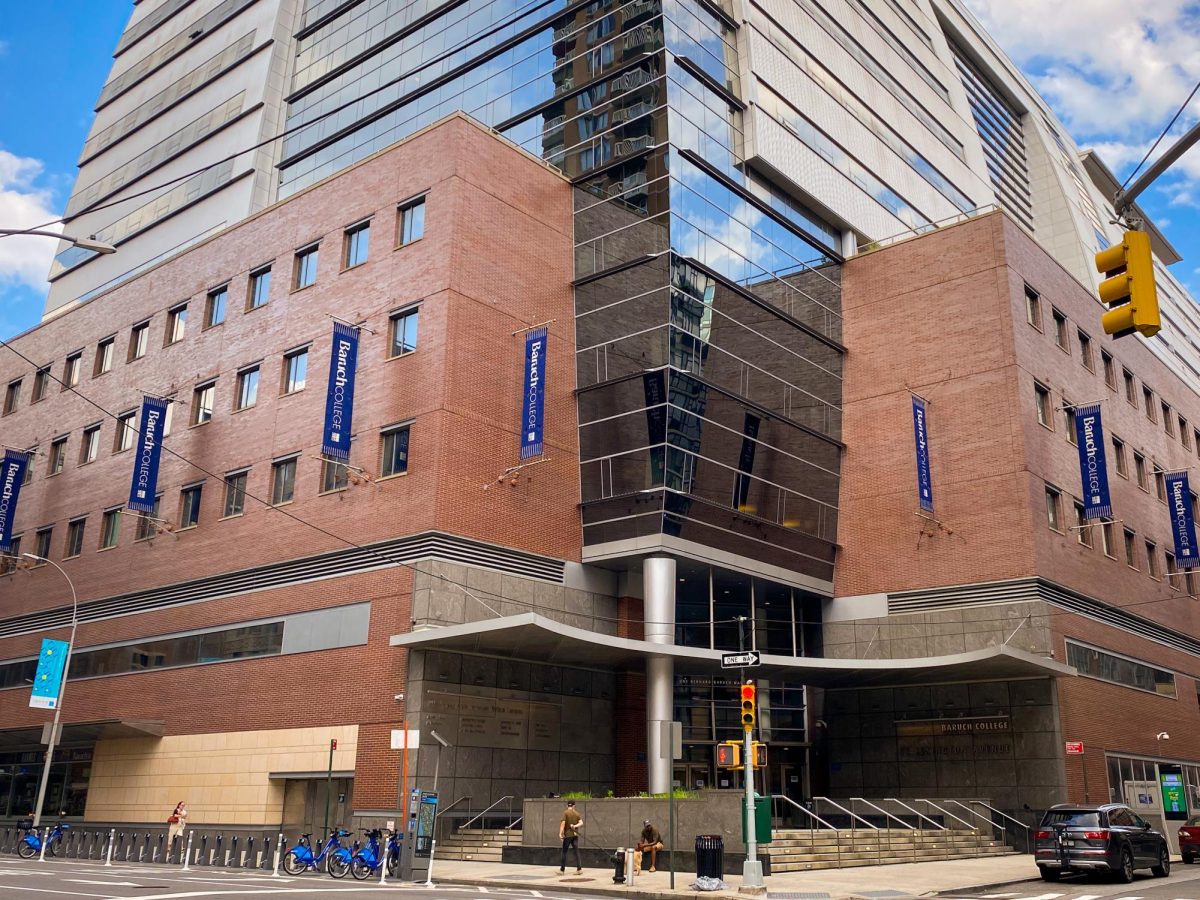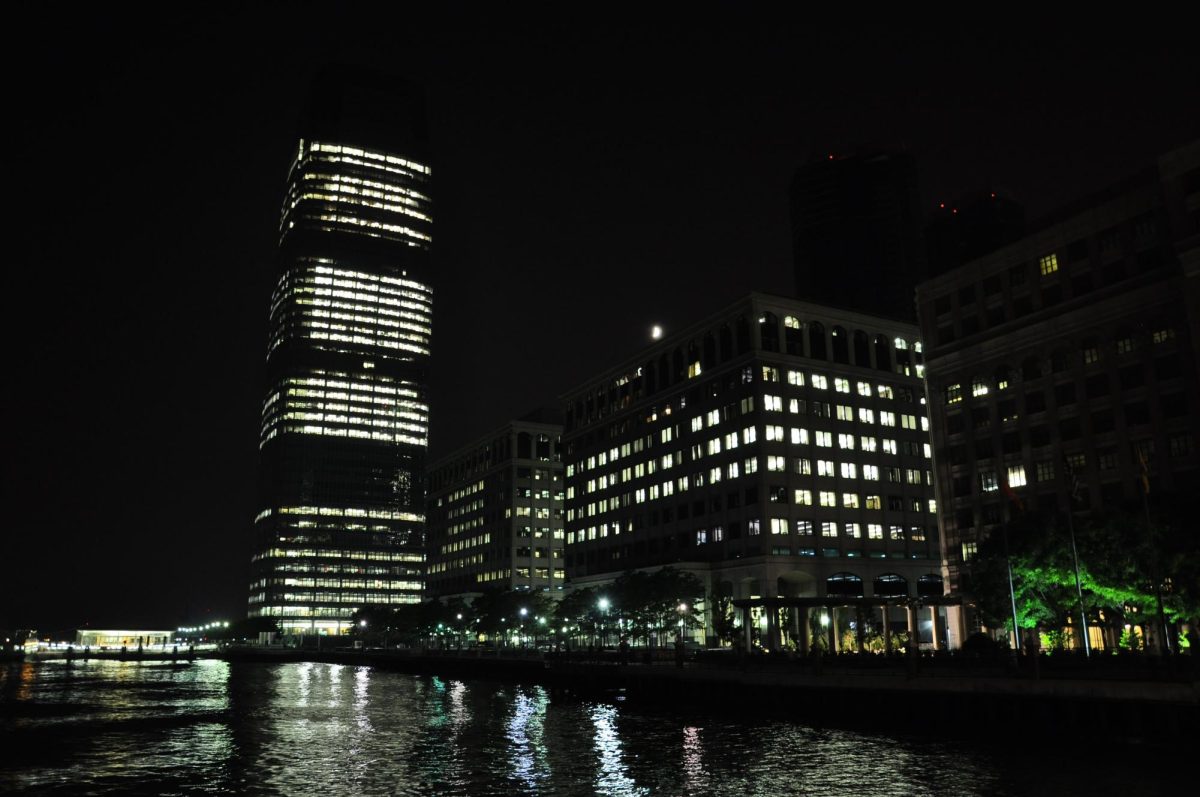Besides the virus alone, some motivations to leave the city include an increased crime rate, shutdown of restaurants and other small businesses and new remote learning and working policies.
An estimated 5% of New York City residents and 18% of Manhattanites alone left the city between March and May, according to The New York Times. A market report by Miller Samuel Real Estate Appraisers & Consultants reveals new leases in Manhattan fell by 23.7% between August 2019 to August 2020.
Meanwhile, the Hamptons, the darling of terrified Manhattanites, saw a sharp rise in new listings across all property types, according to that same report. New signed contracts for single family residences in the Hamptons rose by 109% between August 2019 to August 2020.
Suburbs like Westchester, Long Island and North Fork are some other popular sanctuaries inside New York State. Outside of the state, people are moving to places like New Jersey, Connecticut and Florida. Thus, these destinations have seen a rise in demand for residential real estate.
A record low mortgage rate, that could stay afloat for a while, has incentivized property buyers during this pandemic. The average interest rate on a 30-year fixed-rate mortgage fell to a record low of 2.86% in September, according to the Federal Home Loan Mortgage Corporation. Historically low mortgage rates are increasing demand for real estate, said George Ratiu, senior economist at Realtor.com.
However, data shows a stark decline in the United States’ supply of houses. The trend has been the same in the suburbs of New York City as well. In Greenwich, Connecticut, the inventory was down by 18.5% in July, according to The New York Times.
This combination of high demand and low supply has driven prices higher in the suburbs.
As affluent New Yorkers are buying houses in suburbs, the real estate market in those areas has prospered. In Manhattan, however, the median rental price decreased by 3.9% between August 2019 to August 2020, and the vacancy rate has increased by 3.15%.
Already, New York City has lost a combined wealth of $336 billion because of the pandemic, according to a report by research firms Webster Pacific and New World Wealth. As its wealthy residents who are also high income taxpayers leave, property price, consumer spending and income tax revenue will crumble further.








